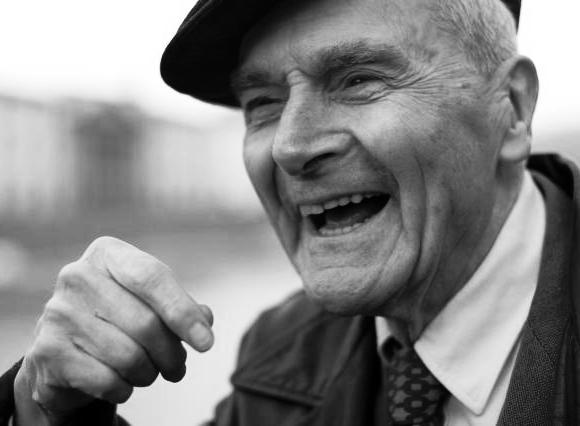As medical societies around the world consider changes to their position on euthanasia, several influential doctors and ethicists have co-published a commentary in the Journal of Palliative Care opposing any policy change.
Among the authors of the article, entitled “Physician-Assisted Suicide and Euthanasia: Emerging Issues From a Global Perspective”, are Georgetown University’s Daniel Sulmasy, who served on President Obama’s Commission for the Study of Bioethical Issues, Margaret Somerville, a legal scholar and one of the most vocal opponents of the legalisation of euthanasia in Canada, and influential palliative care specialist Lukas Radbruch.
The authors summarise what they take to be the five strongest reasons to oppose euthanasia. They include:
1) “slippery slopes”: The authors assert that “despite safeguards for euthanasia in the Netherlands and Belgium, there are data that safeguards are ineffective and violated…Allowing voluntary euthanasia has led to nonvoluntary euthanasia”.
2) “lack of self-determination”: The authors note that many expressions of a desire for death do not mean that a patient wants to euthanasia or assisted suicide; “As individual requests for PAS-E are often labile, complex in origin, and subject to the individual’s changing priorities, such requests require careful and repetitive attention”.
3) “inadequate palliative care”: “Holistic knowledge of palliative care”, they state, “is the most urgent ethical obligation of jurisdictions worldwide rather than legalizing PAS-E
4) “medical professionalism”: doctors assisting in PAS-E, the authors argue, threaten the moral integrity of the medical profession.
5) “difference between means and ends”: the push for PAS-E confuses the problem of suffering with the life of the person: “we must kill the pain and suffering, not the person with the pain and suffering”.
Coincidentally, a completely different vision of euthanasia emerges from a recent article in the Belgian Tijdschrift voor Geneeskunde (Journal of Medicine). J.L. Bernheim, a researcher at the End-of-life Care Research Group, flatly denies that critics of Belgian euthanasia know what they are talking about. He divides criticisms into pragmatic (factual) and essentialist (moral and legal).
REACH PRO-LIFE PEOPLE WORLDWIDE! Advertise with LifeNews to reach hundreds of thousands of pro-life readers every week. Contact us today.
On the first score, Bernheim denies that there was or is a “slippery slope” or that vulnerable patients are not protected adequately. On the second, he argues that euthanasia is a genuinely compassionate supplement to end-of-life care. It’s an interesting to see how different euthanasia looks inside the borders of Belgium. Unfortunately, the article is available only in Dutch at the moment.
LifeNews Note: This appeared at Bioedge.org and is reprinted with permission.








